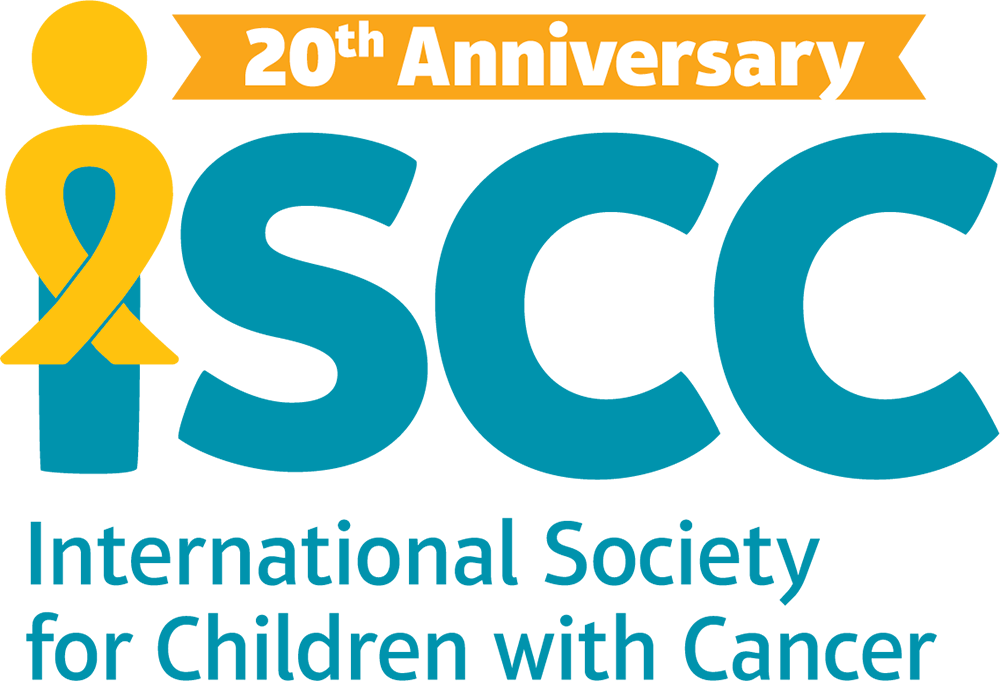Amongst the many growing charities for children with cancer across America, the International Society for Children with Cancer works to help generate donations from local residents of southern California and beyond. With this very important monetary help, the ISCC has been able to save thousands of young precious lives and continues to do so today.
Of course, donors could take their important contributions to other charities for children with cancer, which are equally important for the cause. However, at ISCC, contributions help some of the poorest children in the worn-torn Middle East. In Tehran, innocent children can now be saved from the oppression of cancer with a simple donation.
As one of the best operating charities for children with cancer, the ISCC makes certain that every penny of donated funds makes its way to the MAHAK medical center, where children with cancer can receive the best care in the entire region. There, kids stand a fighting chance to win over the cancer battle.
About the MAHAK facility
MAHAK is a non-governmental facility that opens its doors to help children suffering from a variety of cancers. It offers advanced treatments through its radiology and radiotherapy sections, chemotherapy lab, MRI and CT scan capabilities, and more – all made possible with the donations it receives from ISCC and other charities for children with cancer. To keep the children and their families comfortable, the facility has a restaurant, library, and children’s playground onsite. There are also psychiatrists and social workers available to the family, and volunteers who make it a habit to come in to the center daily to play with the children. While at the facility, all of the treatment, support, and food is provided. Up to 120 children can be accommodated by MAHAK at any given time.
Ways to Give
As one of the premier charities for children with cancer, ISCC offers a variety of ways that individuals and groups can donate to children suffering from cancer. The website allows you to choose the ways that you want to donate, whether it be through your finances or by donating your time.
One of the most popular ways to donate is through the Piggy Bank (Ghollak) drive. The bank can be picked up at the Irvine office or at any one of the events held each year. Once the bank is full from coins collected at your home, school, business, or religious center, it is returned as a flat donation.
ISCC’s Read-a-Thon allows children to get directly involved in the donation process. By setting goals and obtaining pledges from friends and family members, your child can secure important reading skills by reading a certain number of pages and then see how the donations add up to help a child in need of cancer treatment.
The sponsorship program offered by ISCC allows you to set up a certain amount per day, month, or year that goes toward treatment for a child with cancer, or toward cancer research. Additionally, participating in any of ISCC’s annual events, such as the annual gala or the Norooz Bazaar, helps to raise funds and awareness for childhood cancer.
About Childhood Cancers
The causes of childhood cancer are not always known. A small number of childhood cancer cases can be explained by issues such as genetic or chromosomal abnormalities or exposure to radiation, but in general, the causes can be hard to identify. Cases of childhood cancer often manifest themselves differently in each child and are, overall, rarer than cases of cancer in adults.
Cancers of the blood cells (leukemias) and cancers of the brain and central nervous system make up more than half of childhood cancer cases. In fact, one third of all cases are related to leukemia. Other common types of childhood cancer include brain tumors. Of course, children can also be affected by rare types of cancer, such as neuroblastoma. These rare occurrences can be even more challenging to understand and treat.
The nature of childhood cancer – its rarity and rapid development – can make understanding and treating it very challenging. That’s why the efforts of the International Society for Children with Cancer and its sister organizations, like the MAHAK charity, are so significant. With your help, we can contribute to the expensive and thorough care of children who otherwise would not have access to cancer treatments, like chemotherapy and radiation. We can also contribute to the efforts of other organizations who are aiming to understand childhood cancer better and how we can prevent it or treat it more effectively.
